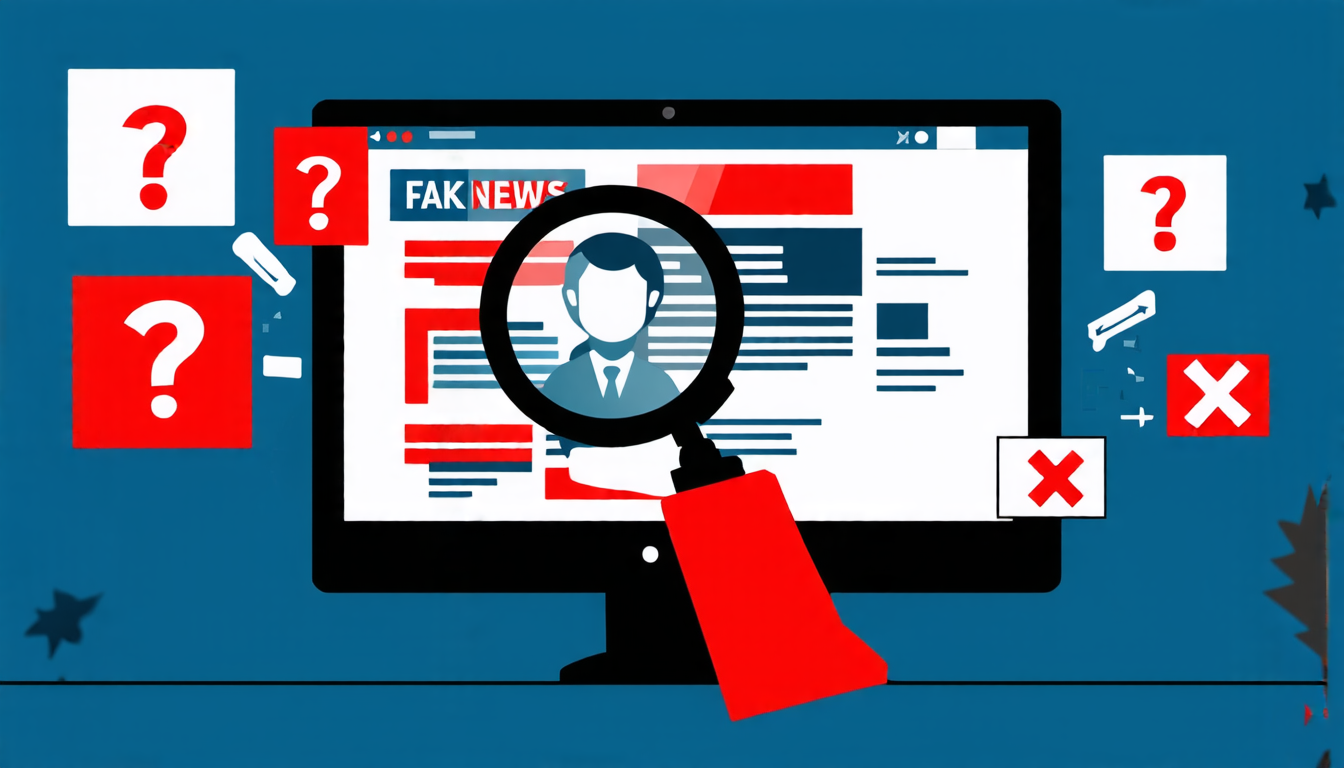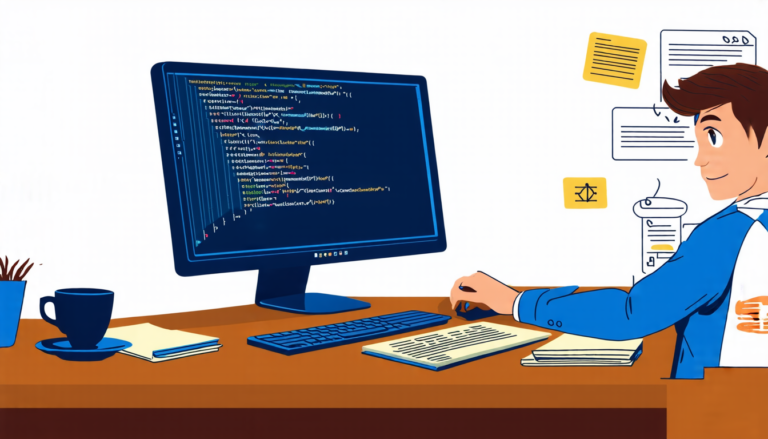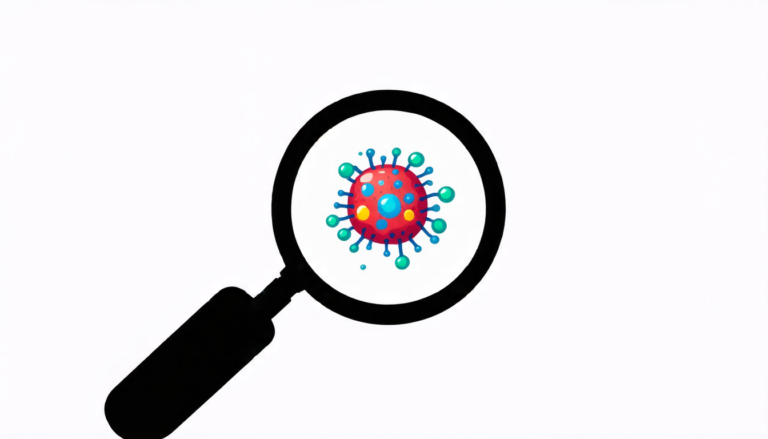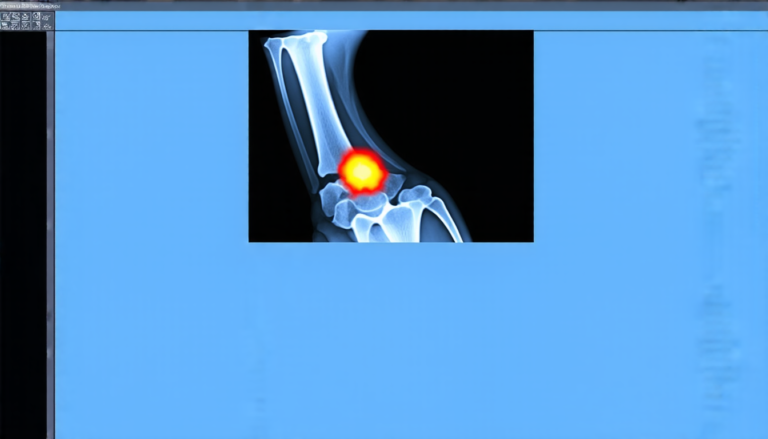Tuesday 10 June 2025
The battle against misinformation has been ongoing for years, with experts scrambling to find effective ways to combat the spread of false information online. A new approach has emerged, one that combines two strategies to create a powerful tool in the fight against misinformation: prebunking and nudging.
Prebunking involves preparing people for potential misinformation by exposing them to weak forms of false information and teaching them how to critically evaluate it. This approach is based on inoculation theory, which suggests that by exposing people to a weakened form of a harmful idea, they will be better equipped to resist its effects when confronted with the real thing.
Nudging, on the other hand, involves using subtle cues or prompts to influence people’s behavior without forcing them to change. In this context, nudges are designed to encourage critical thinking and media literacy by providing users with brief, personalized reminders to question information they come across online.
The researchers behind this new approach have developed a system that combines both prebunking and nudging. Users start by playing an interactive game that exposes them to weak forms of false information. As they progress through the game, the AI-powered agent provides feedback on their critical thinking skills, highlighting areas where they need improvement.
Once users have demonstrated a solid understanding of critical thinking, they are introduced to the nudging phase. This involves receiving brief, personalized reminders to question information they come across online. These nudges are designed to be subtle and non-intrusive, yet effective in encouraging users to think critically about the information they encounter.
The results of this study are promising. Users who went through the prebunking and nudging program showed significant improvements in their critical thinking skills and media literacy compared to those who did not receive the intervention. Moreover, the researchers found that these effects persisted over time, even after the initial exposure to the false information had ended.
The implications of this study are far-reaching. By providing people with the tools they need to critically evaluate information, we can empower them to make more informed decisions and resist the spread of misinformation online. This approach has the potential to be used in a variety of settings, from education to public health, and could have a significant impact on our ability to combat false information.
One of the key advantages of this approach is its scalability. The system can be easily adapted for use by individuals or organizations, making it an effective tool for reaching a wide audience.
Cite this article: “Combating Misinformation: A Powerful Tool Emerges”, The Science Archive, 2025.
Misinformation, Prebunking, Nudging, Critical Thinking, Media Literacy, False Information, Online, Inoculation Theory, Ai-Powered Agent, Personalized Reminders







